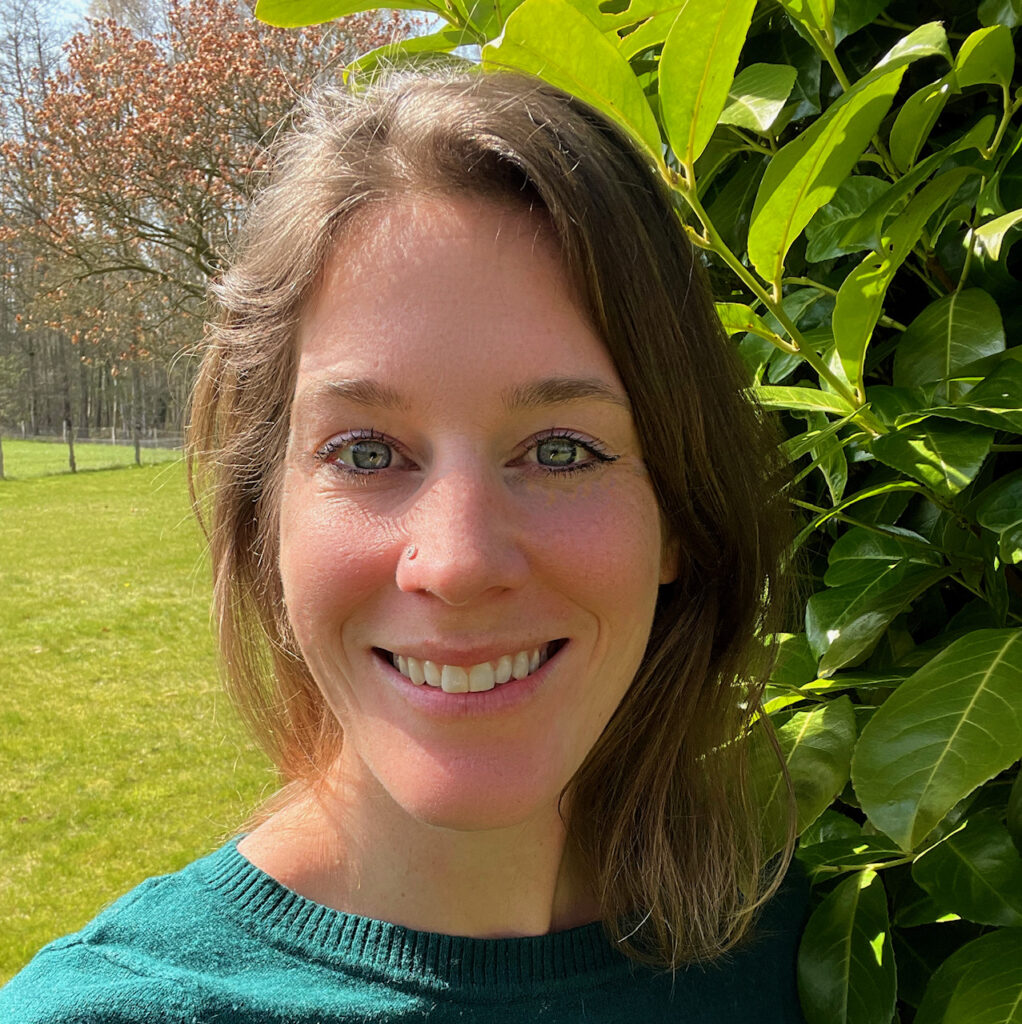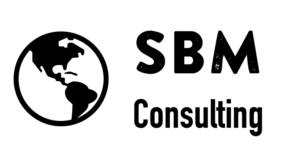Your cart is currently empty!
Information Workshops 2024
Workshop 1: Generation Z Preferences: Consumerism vs. Reducing and Reusing
Dalia Karlaitė (Lithuania)
Dalia Karlaitė lectures Business Ethics and Corporate Social Responsibility (CSR) in module Sustainable Development for more than 10 years and also is the coordinator of the activities in sustainability and social responsibility at Vilniaus kolegija / Higher Education Institution (VIKO), Lithuania. Her research interests include a wide range of sustainable development issues and, more specifically, research on the impact of corporate social responsibility (CSR) on societal well-being and environmental impact. Currently D. Karlaitė works as a researcher at the international project “Universities for Sustainable Development”. As a professional in sustainability D. Karlaitė is a member of the council of experts at Lithuanian Responsible Business Association (LAVA), which is working on the UN SDGs for 2030, and Ambassador of the European Climate Pact for 2024.
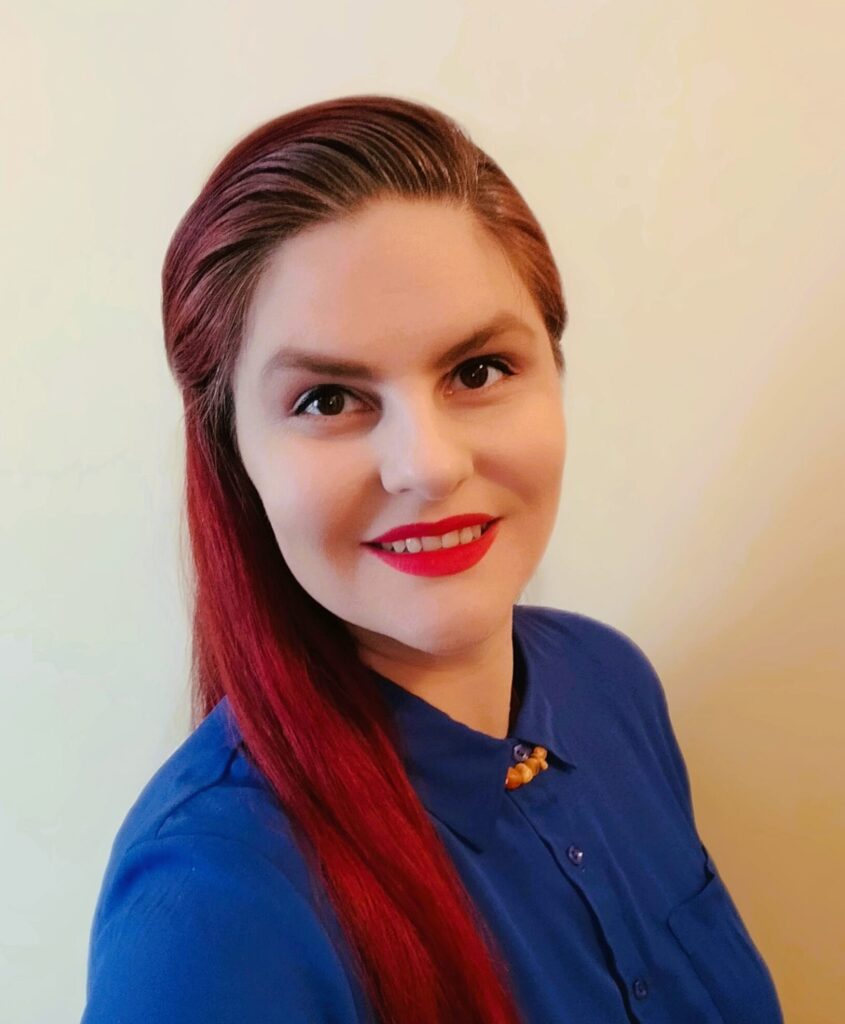
The workshop will explore the contrasting attitudes of Generation Z towards the concepts of “Consumerism” and “Reduce and Reuse” in the context of contemporary society. Generation Z, born between the mid-1990s and early 2010s, has emerged as a demographic cohort characterized by unique perspectives on environmental sustainability and consumer behaviour.
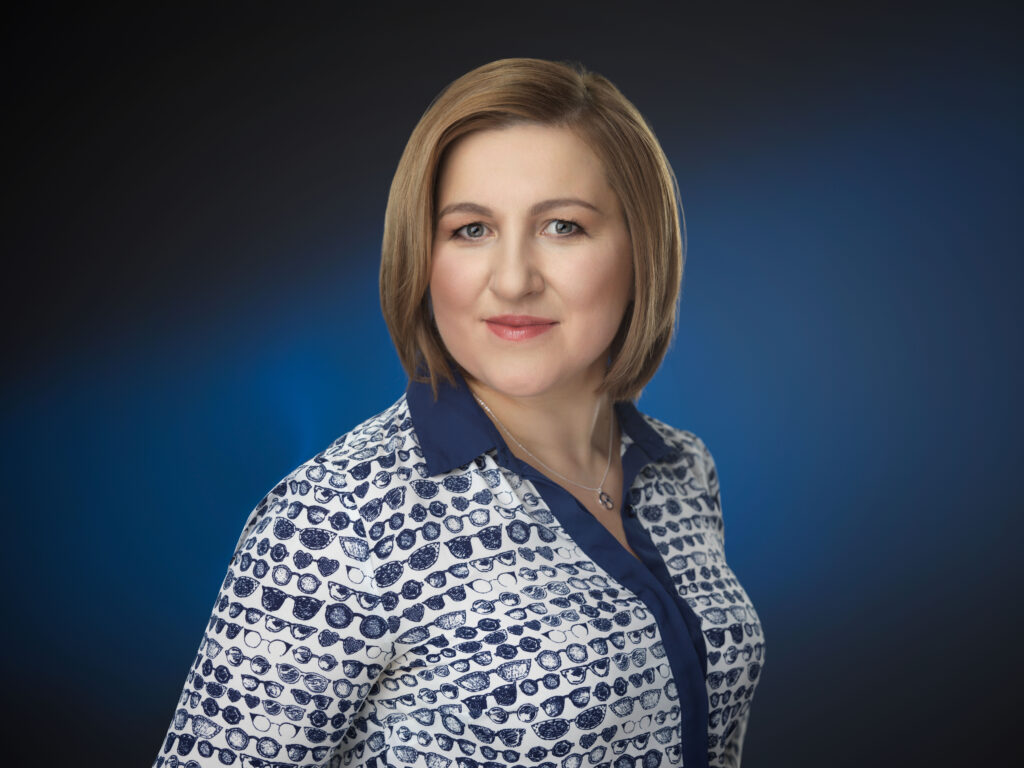
Workshop 2: Responsible consumption for a healthier planet and wallet – how changing consumption patterns can improve personal financial wellbeing and secure natural resources.
Katarzyna Jaszczukme (Poland)
Katarzyna Jaszczuk is Vice President of the Innovation and Knowledge Foundation and Director of the Financial Education Programme, based in Warsaw, Poland. Katarzyna Jaszczuk is a dedicated and passionate professional with 15 years +
of experiences of working in the field of financial education and adult learning. Her commitment to promoting financial and consumer literacy and personal finance education is commendable. With her extensive experience in delivering training and developing educational materials, Katarzyna is making a significant contribution to improving people’s lives by helping them improve their financial literacy and employability. Her focus on social innovation, online courses, educational games and training programmes demonstrates her proactive approach to finding new and effective ways to educate and empower others. Katarzyna’s work not only directly benefits individuals through knowledge and skills development, but also has a wider positive impact on society by improving the overall quality of life for many.
Responsible consumption, as advocated by the United Nations Sustainable Development Goal 12, means making conscious choices that prioritise sustainability and resource efficiency. The link between responsible consumption and the dual benefits of promoting environmental health and personal financial well-being is becoming increasingly clear. By rethinking their consumption habits, individuals can contribute to a healthier planet while improving their own financial health. As more consumers adopt responsible consumption patterns, the collective impact on both environmental conservation and economic resilience can be significant.
Workshop 3: Social Marketing: a powerful tool to bring on sustainable consumer behavior
Boris Ney (The Netherlands)
Boris Ney is known for his enthusiastic, energetic and interdisciplinary sessions which are always interactive. He knows how to dismantle complex phenomena in such a way that students see the distinct relationship(s) between concepts. As such he strives to let students look over the rim of the tea-cup. Simply knowing is not enough: Boris lets students understand and comprehend.
Currently, he works at the faculty of International Business at the UAS of Windesheim in Zwolle, the Netherlands. There, he teaches critical and creative thinking, organisation theory, technology related classes and culture to a diverse pool of international students
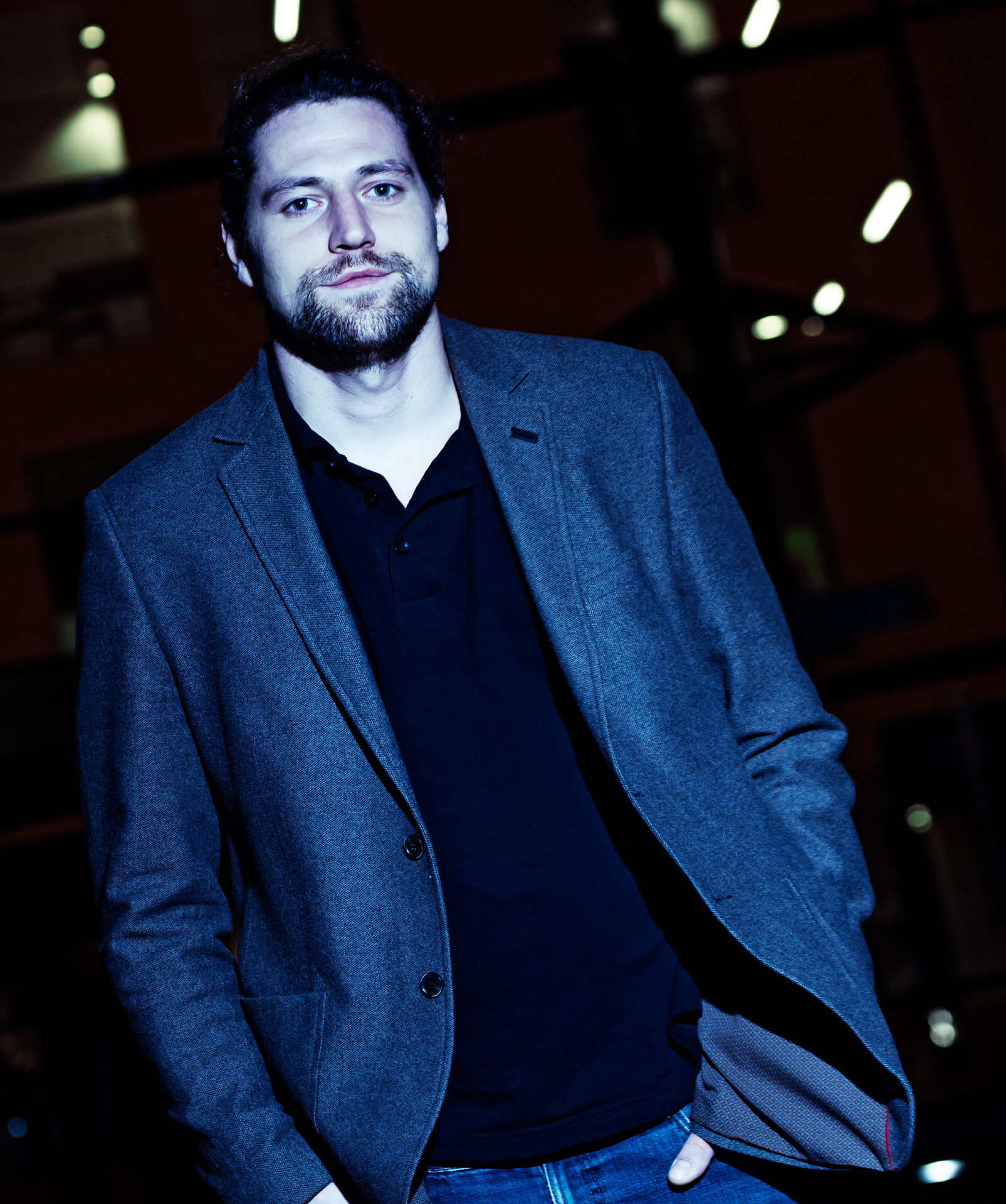
One thing is sure: We need consumers on board for the sustainability transition to happen. But how can we bring them on the ship to a new thriving world? In this interactive workshop we focus on the power of social marketing. Next to relevant background information you will also craft a social marketing campaign yourself. Already curious how to do that? Then do not hesitate to sign in.
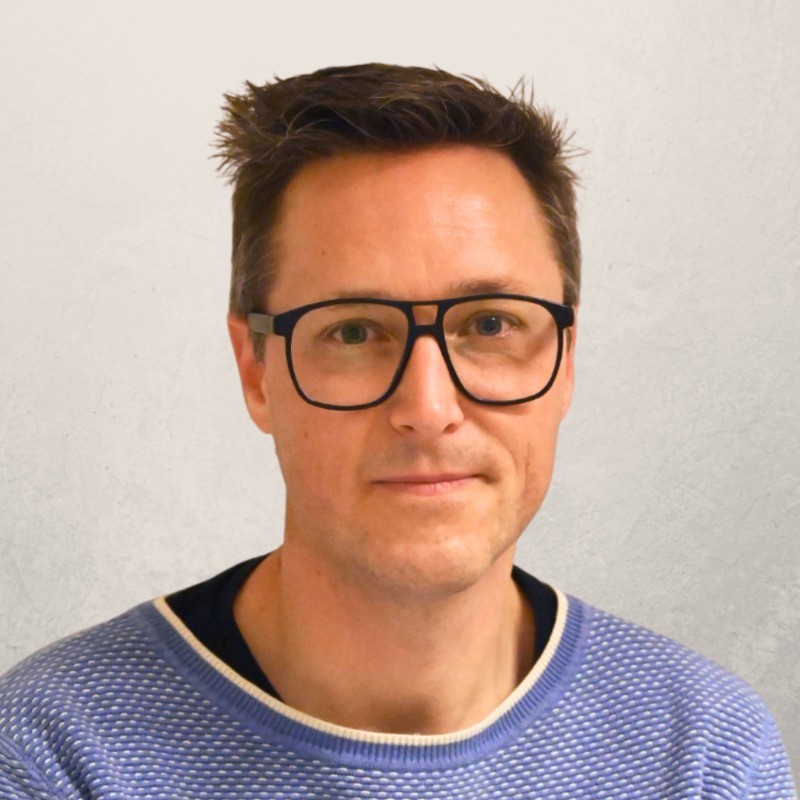
Workshop 4: Do tell: step by step towards a strong sustainability story
Frederik Picard (Belgium)
“A challenging marketing strategist.” That is how Frederik Picard is often described. Frederik combines theory with practice. He runs marketing and communication agency Reputations, specialized in brand reputation management for numerous national and international clients. On academic level, he publishes marketing books and is a part-time marketing lecturer and researcher at the University of Antwerp and AP University College Antwerp. His areas of expertise are market research, brand reputation management and sustainability marketing. Frederik always starts from a strong strategic framework: how can you build, promote, adjust or protect a brand in a sustainable way?
How do you communicate your sustainability efforts today and tomorrow? Do you do it loudly, quietly or not at all? Is staying under the radar a smart way to keep critical voices quiet? Or is talking a golden opportunity to get your brand story out? How to approach marketing and communication on sustainability is often still a big question mark among professionals. In this talk, Frederik Picard answers these questions. With his D-Spot model and roadmap, he puts you on the path to creating an authentic, credible and supported sustainability story and successfully communicating your sustainability efforts.
Workshop 5: How to shift consumer behaviour for international circular economy development.
Vera Wamsteeker (The Netherlands)
Brand Architect of AnGOAn. After more than twelve years of agency experience in marketing (big) brands, she followed her heart and, as an independent Brand Architect, builds brands and organisations that want to make the world a better place.
What are big trends in the circular economy? In this interactive workshop we will be diving deep into how customers form their (buying) decision online. How can we inspire a circular customer journey? What can policy makers do? And most importantly…what can you do?
